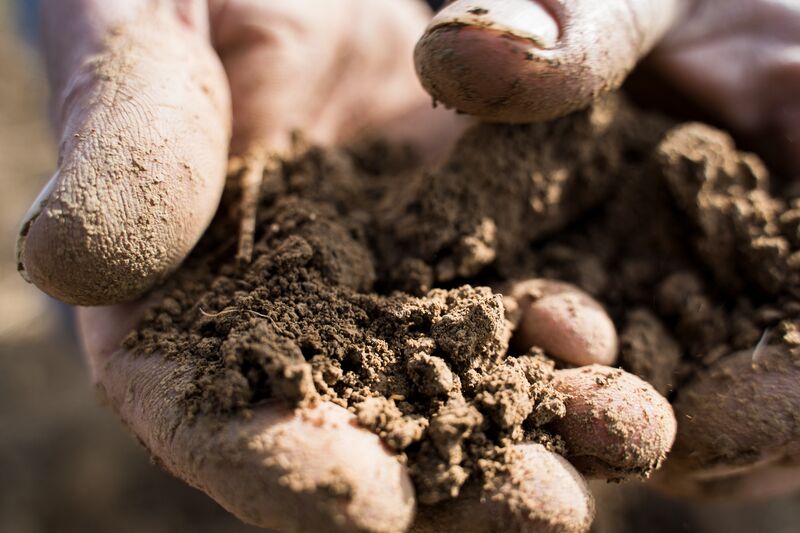Soil and water: a source of life
The survival of our planet is dependant on the interconnectedness of soil and water. This invisible universe beneath our feet plays an immensely important role in our food production, contributing to a staggering 95% of the food we consume, according to the United Nations (UN). Recognizing the finite nature of soil as a resource and its potential as a solution to climate change is crucial, as healthy soils form the foundation of the global food system. This year, World Soil Day aims to bring awareness to this interdependent relationship between soil and water in fostering sustainable agrifood systems.
Climate change and human impact on soils and water resources
The delicate equilibrium of our ecosystems faces substantial threats from climate change and human activities, resulting in the deterioration of both soil and water resources. This degradation has far-reaching consequences, affecting the nutritional composition of our food, soil organic carbon levels, biodiversity, crop yields, instances of crop failure, nutrient imbalances, erosion, pollution, salinity, and the overall quality and quantity of water.
According to the Food and Agriculture Organization (FAO), approximately 33% of global soils are already degraded, and over 90% could face degradation by 2050. Furthermore, each year, an estimated 24 billion tons of fertile soil are lost to erosion from unsustainable soil management practices, leading to a significant decline in soil health and fertility over time.
Soil’s effect on water quality
This is even more important when considering that the quality of soil has a direct impact on both water supply and water quality. The accumulation of organic humus in the soil serves as a stabilizing force, diminishing topsoil erosion during intense rainfall and enhancing water retention in periods of drought.
Moreover, healthy soil functions as a natural filter, playing a pivotal role in the purification and storage of water as it permeates the ground. This inherent filtration process not only safeguards water quality but also contributes significantly to the renewal of water resources.
Sustainable soil management for climate change
Fortunately, sustainable soil management, such as biodynamic farming, offers a promising solution to these challenges, with the capacity to increase food production by up to 58%, according to the FAO. Adopting sustainable soil management practices not only enhances soil health but also elevates the nutritional value of food, improves food security, fosters biodiversity, and contributes to climate change mitigation through carbon storage.
Biodynamic farming offers a solution, focusing on natural resource conservation and circular nutrient management and playing a crucial role in ensuring soil and water quality and availability. Biodynamic practices create a synergistic relationship between soil health, water supply, and water quality. It not only addresses the needs of agricultural production but also contributes to the overall health and sustainability of the entire farm organism and surrounding environment.
Soil health and regeneration at the core of biodynamic farming
With soil health and regeneration at its core, biodynamic farming offers a holistic solution. Demeter’s standards emphasize the use of composting, biodynamic preparations, pesticide-free practices, and diverse crop rotations to ensure that more is given back to the soil than is taken. This sustainable and regenerative approach protects the climate, environment, biodiversity, and water while still yielding healthy food.
For us, it’s clear that a sustainable future hinges on the protection and regeneration of healthy soil. Through biodynamic farming and a commitment to soil health, we can not only secure the supply of healthy food and clean water but also protect biodiversity, combat climate change, and contribute to global food security.



